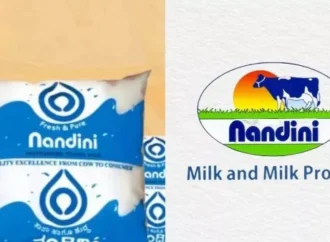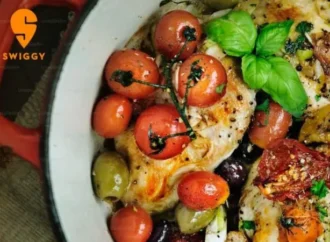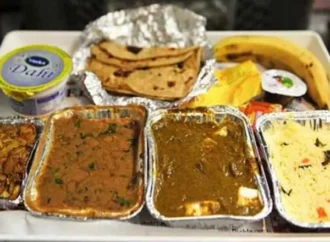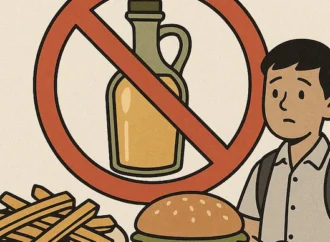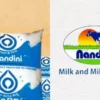Report
The Food Safety and Standards Authority of India (FSSAI) has introduced new regulations for non-bovine milk, including goat, camel, and sheep milk. These guidelines, specified in sub-regulation 2.1.2 of the Food Safety and Standards (Food Products Standards and Food Additives), aim to ensure high-quality, safe milk for consumers.
Ensuring Safe and Hygienic Livestock Farming
To support safe and sustainable livestock farming, the Department of Animal Husbandry and Dairying launched the National Livestock Mission (NLM) in 2021. Under its Entrepreneurship Development Programme (NLM-EDP), individuals and organizations receive financial assistance to establish hygienic livestock farms and feed units.
The program offers a 50% capital subsidy (up to ₹50 lakh) for farms producing poultry, sheep, goat, pig, horse, camel, and donkey products. Eligible beneficiaries include:
- Individuals
- Farmer Producer Organizations (FPOs)
- Self-Help Groups (SHGs)
- Joint Liability Groups (JLGs)
- Farmer Cooperative Organizations (FCOs)
- Section 8 companies
Food Safety in Livestock Farming
The National Livestock Mission (NLM) supports hygienic farming to ensure safe milk production through financial aid and improved practices.
Uttar Pradesh
- 145 projects approved, ₹32.91 crore in subsidies
- 846 jobs created, 5,978 farmers supported
- 28,000 MT annual fodder production
- 30,371 livestock & 2,200 poultry birds were introduced hygienically
Haryana (Sonipat)
- 13 projects, ₹4.06 crore in subsidies
- 62 jobs, 144 farmers assisted
- 2,400 MT annual fodder production
- 3,940 livestock & poultry birds were raised under monitored conditions
By implementing these initiatives alongside FSSAI’s strict milk safety standards, India is taking crucial steps to reduce contamination risks and improve the overall quality of dairy and livestock products.
Source: Foodtech Network
 Food Manifest
Food Manifest 
